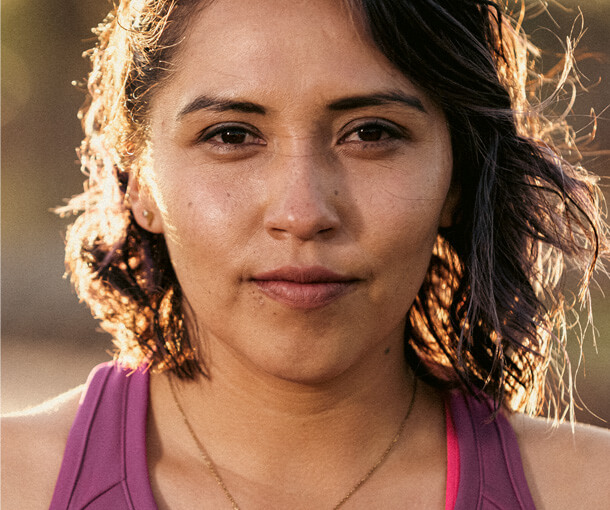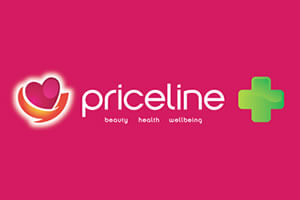Strong bones are important for all ages but can be overlooked until people reach the later stages of life. Taking early steps to support bone health can have long term benefits.
Two key nutrients for strong bones are Vitamin D and calcium but did you know that not everyone gets enough through their diet and lifestyle? It may surprise you to learn that nearly 1 in 4 Australian adults have inadequate vitamin D levels (overall, rates of low Vitamin D are very similar for both men and women). When it comes to calcium, nearly ¾ of females and ½ of all males aged 2 years and over are not getting enough calcium from their diets.i
Let’s take a look at the requirements across the different age groups.
(AI – Adequate Intake, RDI – Recommended Dietary Intake)
Infancy (0-12 Months)
Growth of the skeleton begins in utero. During this time the developing foetus is dependent on maternal calcium and vitamin D.ii After birth, the newborn is dependent on dietary calcium and external sources of Vitamin D.ii
Vit D AI: 0-12 months = 5µg/day
Calcium AI: 0-6months = 210mg/day, 7-12 months = 270mg/day
Childhood (1-8 Years)
During childhood and adolescence, much more bone is deposited than withdrawn as the skeleton grows in both size and density.iii Most bone mass is accumulated during childhood, with a sevenfold increase in bone mass occurring from birth to puberty.iv
Vit D AI: 5µg/day
Calcium RDI: 1-3 years = 500mg/day, 4-8 years = 700mg/day
Adolescence/Puberty (9-18 Years)
Calcium is important for children and especially during adolescence, when puberty prompts a growth spurt. The recommended intake for calcium is higher during this time to meet bone growth requirements.iv Think of it like building your ‘bone bank’ for later in life. Nearly half of a person’s peak bone mass is accumulated during adolescence.v Vitamin D helps boost calcium absorption and supports bone strength and mineralisation.
Vit D AI: 5µg/day
Calcium RDI: 9-11 years = 1000mg/day, 12-18 years = 1300mg/day
Adults (19-50 Years)
We reach our peak bone mass in our 30s.v After this time, bones break down more rapidly than they build. Sufficient dietary calcium is needed to maintain bone mass and Vitamin D promotes absorption of dietary calcium.vi
Vit D AI: 5µg/day, Pregnancy and Lactation: 19-50 years = 5µg/day
Calcium RDI: 19-50 years = 1000mg/day, Pregnancy and Lactation: 19-50 years = 1000mg/day
Older Adults (51-70 Years)
Although bones break down more rapidly than they build at this age for both men and women, bone loss occurs at a much faster rate for women due to menopause because of the rapid decline in oestrogen levels.vii During menopause there is a decline in calcium absorption and an increase in calcium loss.iv
Vit D AI: 51-70 years = 10µg/day
Calcium RDI: Men 51-70 years = 1000mg/day, Women 51-70 years = 1300mg/day
Seniors (70+ Years)
Ageing affects Vitamin D synthesis in the skin, so supplementation may be beneficial.viii Calcium is also absorbed less effectively so recommended dietary intake is high for this age group.iv Decreased bone mass continues with age and may increase the risk of osteoporosis.ix
Vit D AI: >70 years = 15µg/day
Calcium RDI: >70 years = 1300mg/day
Osteoporosis
Osteoporosis (also known as porous bones) is where the structure of the bone is compromised and becomes weaker and less dense. This leads to a higher risk of breaks than in normal bone.x
Osteoporosis affects both women and men, although it is more common in women with 29% of women aged 75 and over having osteoporosis compared with 10% of men.x It is a common condition, but the true prevalence is difficult to determine as it is a ‘silent’ condition and often not detected until a fracture occurs.
Tips for Maintaining Strong Bones Through the Ages
- Eat a healthy diet including lots of calcium rich foods such as dairy products (milk, cheese, yoghurt), tofu, leafy green veggies, nuts and seedsxi
- Drinks such as alcohol, tea, coffee and soft drinks can reduce calcium absorption so limit these liquids and drink more water where you can.
- Physical activity is important for bone health – particularly weight bearing exercises such as weight training, walking, jogging, climbing stairs and dancing
- Maintain a healthy weight
- Spend a few minutes a day outside in the sunshine to stimulate vitamin D production. Support this with Vitamin D containing foods such as oily fish, egg yolks and fortified spreads and cerealsxi
- Supplements can help to achieve your daily requirements of certain nutrients so if you are not getting sufficient calcium through your diet or regular sun exposure for Vitamin D, consider a supplement to help meet your need
Ostelin has a range of products to suit the different stages of life. Explore the range here.
Always read the label and follow the directions for use.
MAT-AU-2203250 V1 NOV 2022
Reference available on request
Read more on Bone Health








